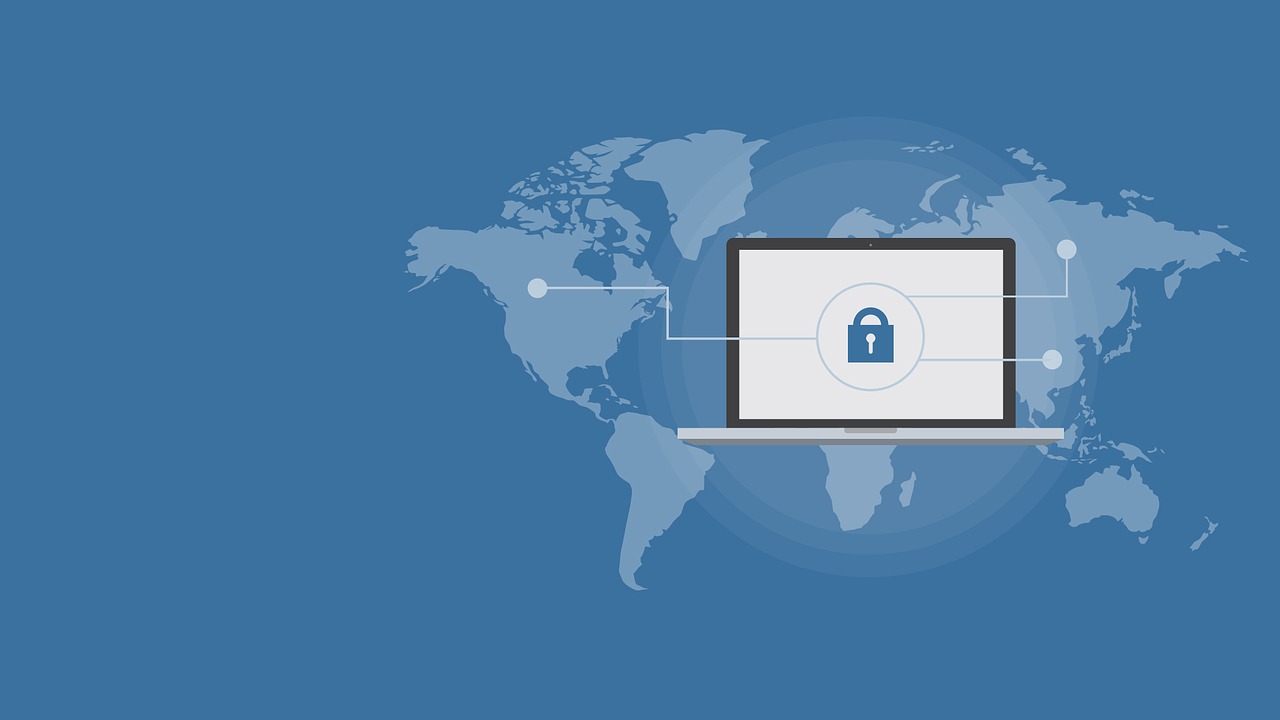The internet has made the world a smaller place; communication between people has never been more accessible. While the internet has made this more convenient, so have the risks of exchanging information online.
Internet security will protect you from intrusion or fraud; which ignored can leave you at a high risk to receive online viruses, trojans and worms.
These forms of intrusion allow identity thieves to steal private information such as your files, passwords and even sensitive financial information.
While this is a danger to all individuals, it also poses a threat to private corporations, public institutions and governments around the world. As long as the exchange of information online exists, so will the need for quality internet security.
Most common Security threats
Computer Viruses
A computer virus is a common threat that has affected most people’s online security at one time or another.
So what is it exactly and how dangerous can it potentially be to you?
A virus is a self-replicating malicious code that can infect a device affecting its entire operating system. It can copy itself to documents, programs and the computer boot sector.
Less harmful viruses can affect system performance, making a computer slow and causing it to crash more frequently
Stronger viruses can infect system software by changing core functions and applications.
It can also change data as well as deleting or encrypting its own by overwriting its code onto user files, leading to the loss of these files and other data.
By modifying or disabling core functions, it can leave an operating system to the point where it can no longer function.
Spyware
Spyware is a different type of malicious software which is used to track your internet usage and for keylogging.
The purpose of Monitoring and tracking internet usage is for marketing. The collection of data on user habits, i.e. what sites they visit and what purchases they make will influence ad types generating income for its creator.
Spyware also can collect data by having Keyloggers.
Keyloggers record everything that a user types and gives this information to 3rd parties; this may include sensitive information such as passwords and bank details.
Stolen information can lead to identity theft and fraud.
What can you do to protect yourself online?
It is essential first to identify whether or not you have a virus. Many users are unaware they have one due to not understanding virus indications on their devices.
So what are these indications? Here is the following you should look out for in case you have one:
Computer Performance and response
Computer performance issues include normal application processes taking longer than usual or when startup time is slow.
Viruses, spyware and other malware can slow down computers by controlling the user’s internet browser; this leads to unwanted advertising and redirection of user browsing to phishing sites.
Performance issues also include the computer experiencing crashes, unwanted random shutdowns and restarts.
Malware like any program may require a shutdown to take place for the completion of its installation.
A shutdown is also necessary for malware updates or when a refresh is needed. A computer restart will also be used to cancel anti-virus scans required to identify and remove the malware.
Other indications are when the computer does not respond to basic commands such as clicking files or programs refusing to open. Corruption and loss of files along with other data going missing can also be included.
Prevent computer viruses
The following are recommendations to protect yourself online:
Anti-virus and Anti-spyware Software
Installing anti-virus and anti-spyware software will enable you to identify and remove malware, the software does thorough scans on all files and programs.
Scanning your computer frequently and also updating the software is essential for optimal protection from current and potential newer viruses.
Use a Firewall
Make sure to enable your firewall as it is already built-in whether you purchase a PC or Mac. Firewalls protect your computer and private network from malicious software, by blocking and filtering incoming and outgoing traffic.
Update Your Software
Keeping your software and operating system up to date can protect your files and personal information.
While top software providers already have an inbuilt anti-virus, they still need to update regularly to ensure security at all times.
Upgrading your operating system is also essential as security teams are servicing patch updates, ensuring protection from malware.
Beware of suspicious emails
Emails that you don’t recognize may potentially allow cybercriminals a way to infect your computer with a virus.
Suspicious emails containing a link allow the virus to transfer itself to your system; it is imperative that you do not click on these links.
Professionals who make malware through emails do it to blackmail the victim for money. Demand for Ransome can be achieved when they posses financial and personal information, including bank details, photos, family information and much more.


